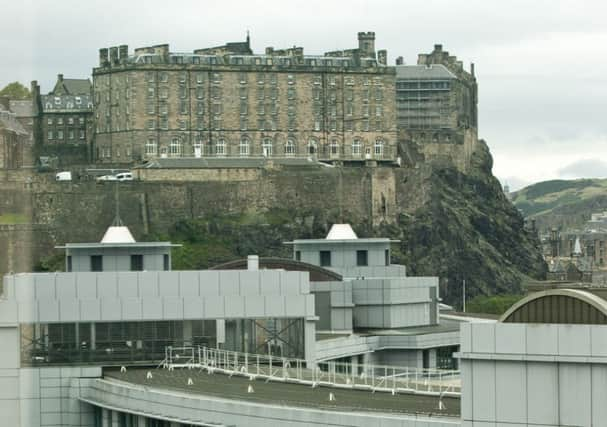Scotland’s economic forecast revised upwards


The EY Scottish ITEM Club has upwardly adjusted its 2014 growth forecast thanks to a revival in consumer confidence and the prospect of an improved global economy.
The group’s latest summer update suggests that Scotland’s economy will grow by 2.4% this year, an increase of 0.7 percentage points on the 1.7% forecast in December 2013.
Further growth of 1.9% is predicted in 2015 and 2016.
Advertisement
Hide AdAdvertisement
Hide AdScottish growth will trail overall UK growth by around 0.5 percentage points this year and next, due partly to the relative size of Scotland’s public sector and lower population growth.
Total employment in Scotland is forecast to grow by 1.7% this year and 1.2% in 2015, adding the equivalent of 45,000 and 33,000 full-time jobs to the economy respectively.
The business services sector is expected to lead the way, gaining a predicted 40,000 jobs by 2016.
Average house prices in Scotland are predicted to rise by nearly 7% this year and 5% in 2015.
The report stresses that there are a number of factors which mean its forecasts are susceptible to change.
These include the Ukraine crisis and the potential disruption to international energy markets, restrictive financing conditions facing the emerging economies, and deflation in the Eurozone.
The impact of September’s referendum on Scottish independence is also examined, with ITEM highlighting the associated risks, no matter the result of the vote.
Dougie Adams, senior economic advisor, said: “This year is shaping up to be the best for Scottish economic growth since the onset of the financial crisis, with business investments and exports adding momentum to the consumer-driven recovery.
Advertisement
Hide AdAdvertisement
Hide Ad“A handful of sectors including transport, food services and retail are expected to create employment while public administration and manufacturing shed jobs. We expect financial services, education and health to tread water.”
Commenting on the impact of the referendum, he added: “Both sides of the debate have produced anecdotes galore, but available data doesn’t provide any significant signals of the economic impact from uncertainty engendered by the referendum.
“Some businesses may be adopting a short-term ‘wait and see’ approach to big decisions about investment. While a yes vote would usher in an inevitable period of uncertainty, the likely transfer of further powers following a no vote would also mean that the impact of constitutional change would remain on the business agenda.”